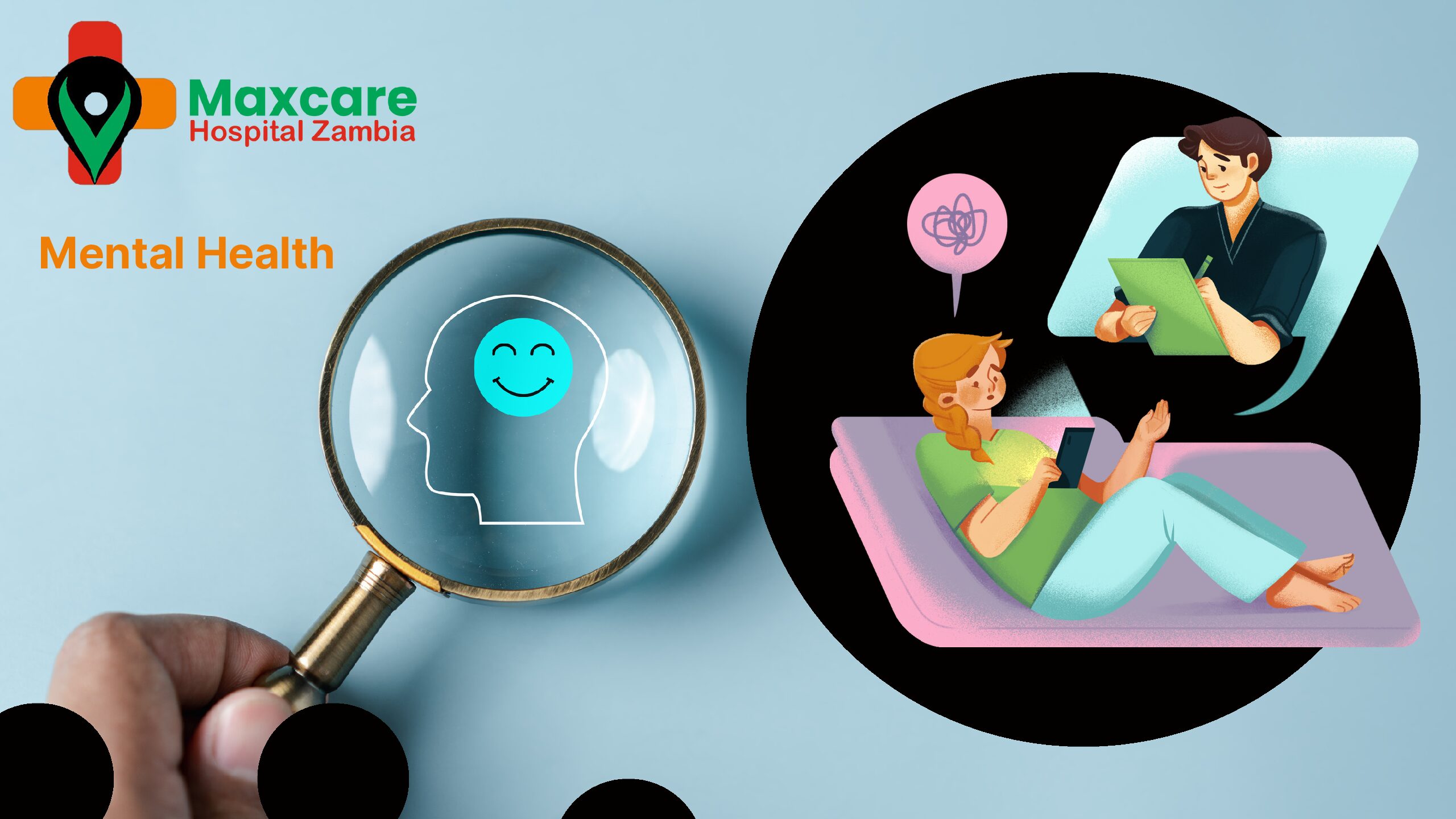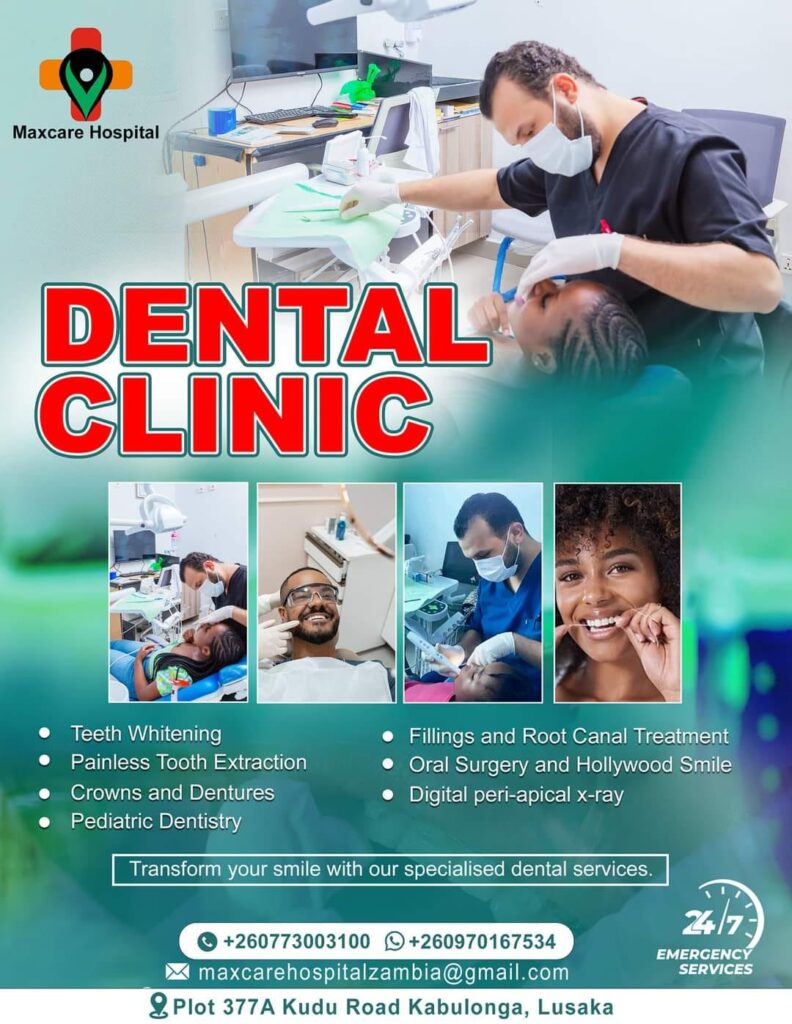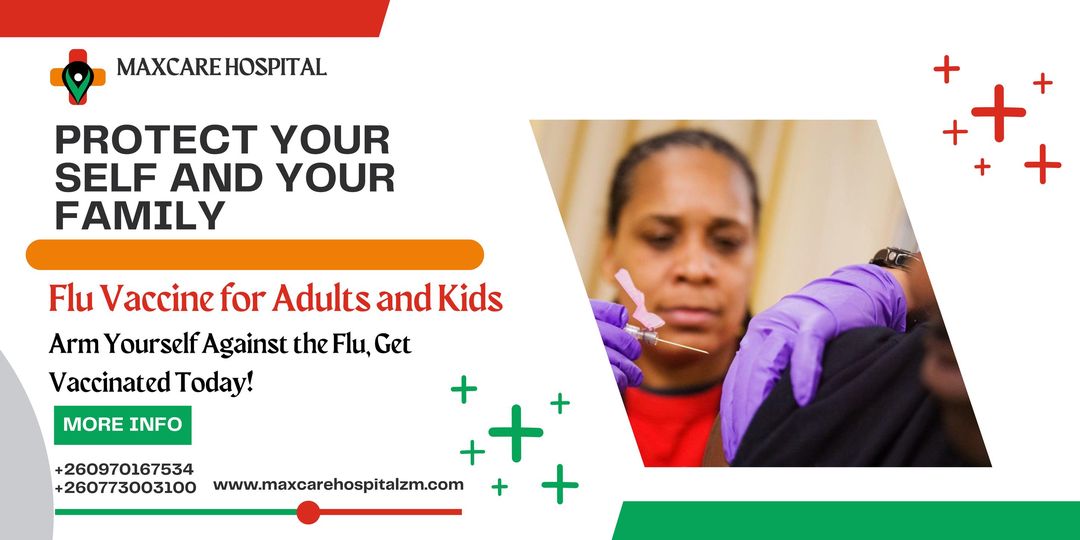Addressing Addiction, Family Dynamics, and Mental & Personality Healthy
Maxcare hospital play a pivotal role in the healthcare system, providing comprehensive care for individuals grappling with a range of psychological challenges. Among the core issues addressed are addiction, family dynamics, and mental and personality health. Each of these areas requires a tailored approach to therapy and treatment, reflecting the complex and interconnected nature of human well-being.
Addiction: A Multidimensional Approach
Addiction, whether to substances like alcohol, drugs, or behaviors such as gambling and gaming, is a chronic condition that deeply impacts an individual’s physical health, emotional stability, and social functioning. Mental health clinics are equipped to provide specialized treatment that often includes a combination of detoxification, counseling, and medication management.
1. Assessment and Diagnosis:
Initial assessments at mental health clinics involve a thorough evaluation to understand the nature and extent of the addiction. This typically includes interviews, psychological assessments, and sometimes medical evaluations to gauge the physical impact of substance use or addictive behaviors.
2. Integrated Treatment Plans:
Effective treatment plans are comprehensive and multifaceted. They often incorporate cognitive-behavioral therapy (CBT), motivational interviewing, and contingency management. These therapeutic approaches help individuals recognize and alter their patterns of behavior, enhance motivation for change, and develop coping strategies.
3. Support Systems:
Our hospital also offer support groups and family therapy as part of the treatment process. Peer support groups provide a sense of community and shared experience, which can be crucial for recovery. Family therapy helps to address the ripple effects of addiction within the family unit, fostering a supportive environment for the individual in treatment.
Family Dynamics: The Role of Family in Mental Health
Family dynamics are a critical component of mental health. The relationships and communication patterns within a family can significantly impact an individual’s psychological well-being. Mental health clinics often recognize the importance of family involvement in the treatment process.
1. Family Therapy:
Family therapy is a cornerstone of addressing mental health issues. It involves working with family members to improve communication, resolve conflicts, and support the individual’s mental health journey. This therapy can help families understand and address dysfunctional patterns that may contribute to or exacerbate mental health issues.
2. Psychoeducation:
maxcare hospital also provide psychoeducation to family members, helping them understand mental health conditions, treatment options, and ways to support their loved one effectively. This education can reduce stigma and promote empathy within the family, which is essential for fostering a supportive environment.
3. Collaborative Care:
A collaborative approach ensures that family members and mental health professionals work together to develop and implement treatment plans. This collaboration helps align the family’s support with therapeutic goals and addresses any family-related issues that may be affecting the individual’s mental health.
Mental and Personality Health: Comprehensive Care
Mental and personality health encompasses a broad spectrum of conditions, including mood disorders (such as depression and bipolar disorder), anxiety disorders, and personality disorders (such as borderline personality disorder and narcissistic personality disorder). Mental health clinics provide a range of services to address these conditions.
1. Individual Therapy:
Individual therapy is tailored to the specific needs of each patient. For mood and anxiety disorders, therapeutic modalities such as CBT, dialectical behavior therapy (DBT), and acceptance and commitment therapy (ACT) are commonly employed. These therapies help individuals manage symptoms, develop coping mechanisms, and work towards personal goals.
2. Medication Management:
Many mental health conditions benefit from medication as part of the treatment plan. Clinics offer medication management services to monitor and adjust prescriptions, ensuring that individuals receive the appropriate pharmacological support for their conditions.
3. Personality Disorder Treatment:
Personality disorders often require specialized treatment approaches. Therapy may focus on helping individuals understand and modify dysfunctional personality traits, improve interpersonal relationships, and develop healthier coping strategies. Clinics may use approaches like schema therapy or transference-focused psychotherapy to address these complex issues.
4. Wellness and Prevention:
Beyond immediate treatment, mental health clinics also emphasize wellness and preventive care. This includes promoting healthy lifestyle choices, stress management techniques, and relapse prevention strategies. The goal is to support long-term mental health and prevent the recurrence of symptoms.










